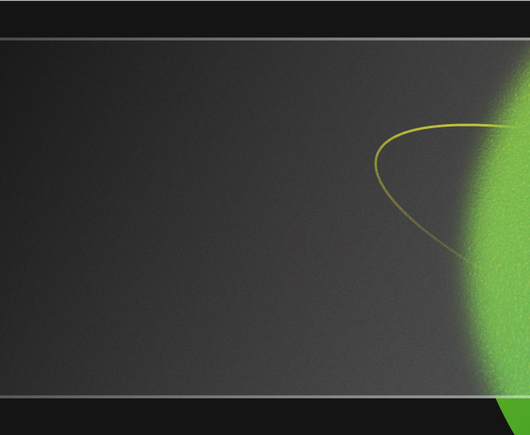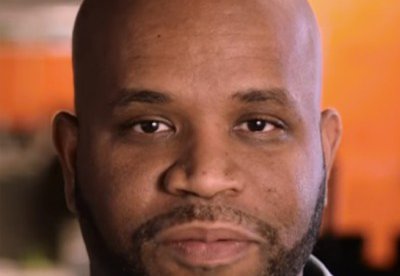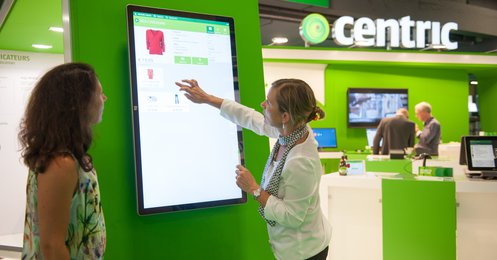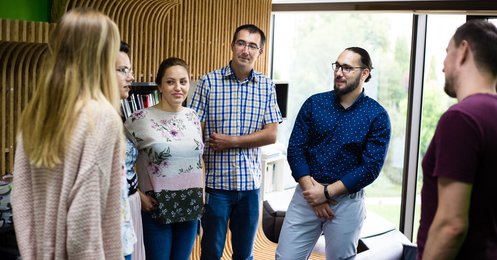Tariq King enjoys breaking things and is currently the Chief Scientist at test.ai, where he leads research and development of their core platform for AI-driven testing. He started his career in academia as a tenure-track professor and later transitioned into the software industry.

Centric Interviews - Tariq King

Tariq King
What motivates you to learn?
The more I learn, the more I realize how many gaps there are in our knowledge and that I want to do what I can to contribute to the overall body of knowledge. I've benefited from the knowledge others have contributed before I came along, and so hopefully others will benefit from the knowledge I contribute.
How do you make time for learning?
Primarily in two ways. I view learning as something that is continuous so as I come across something during my day-to-day that I don't know much about, I'll take the time right there and then to dig a bit deeper and search for more on the topic. It of course takes a little extra time to complete whatever task I was on, but I believe it's worth it.
The other way I make time is that I simply just block off parts of my calendar as a time for me where I can focus on whatever interests me. I love teaching and training and so one of those things has been to take time to create content on topics that I can share with others, or preparing hands-on activities which means I first have to do them. I've found teaching/training to be one of the best ways to learn because before you can teach, explain, or demonstrate something to someone, you first have to know it inside out.
What is the most useful/ interesting thing you have learned recently?
One of the most interesting things I've learned recently has been different techniques and gaps in the areas of testing AI and machine learning systems. Many folks are worried about the trustworthiness of AI, and so I recently created a course around testing these types of systems, which meant I first had to research a lot of the existing techniques and that revealed some areas of opportunity where the body of knowledge in this area could be improved.
What was your biggest failure, and what did you learn from it?
My biggest failure dates back to when I was in college and I had just completed my bachelor's degree and I applied to the Masters's program at Florida Tech. Although I got accepted to the program I didn't get an award for financial support as preference is given to the Ph.D. students. I was told this beforehand and it was suggested that I could just be dishonest on my application so that I would get the financial support. I refused to do that and in doing so essentially forfeited my chances of getting funding. However, I learned to put honesty and integrity upfront in everything that you do, and in choosing to honor God I was later able to complete both degrees debt-free under better mentorship, which would not have been the same had I stayed at that college.
Who has been the most inspirational person for your career and why?
This would probably have to be my stepfather. He was a police officer but had a hobby and interest in personal computing. So from a very early age, I was exposed to computers, networking, and games. While games were the most interesting aspect of this to me, he said that if I was going to use the computer to play games, I'd have to learn to use it properly and to program as well and so at 3 years old I started to learn to write my own programs by copying them out of pre-printed books. It was from then I knew I wanted to pursue a career in computing, and with the discipline, he brought along with my mother who was a teacher, I was able to excel in my studies and eventually my career in computer science.

